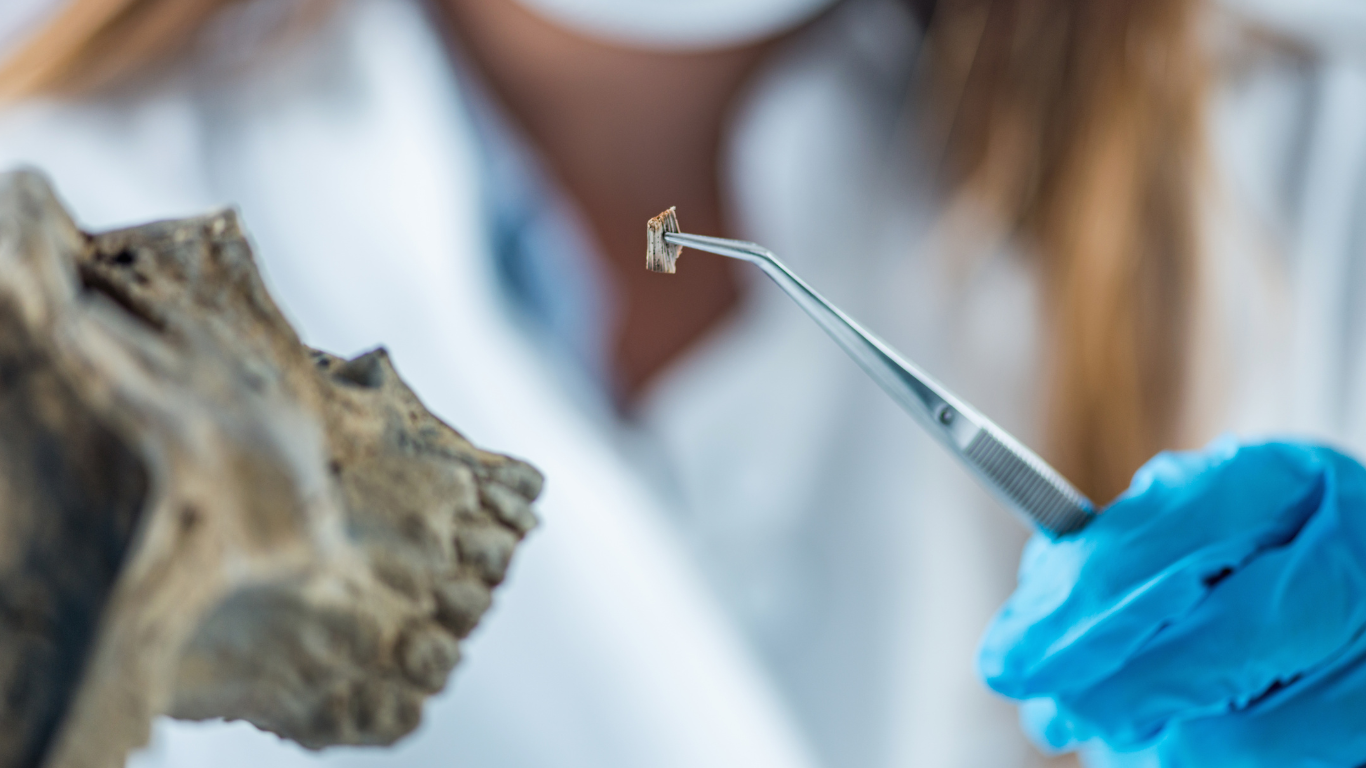While this blog is called “A History of Death,” I also want to discuss the different professions that study the dead. This post will only touch briefly upon a handful of occupations, as there are many individuals who make their living from studying the dead, with positions varying from the medico-legal to the academic. You may be familiar with some of these professions as they have been sensationalized through popular media, especially in procedural dramas and criminal investigation shows.
Medico-Legal Death Investigators
First, let’s discuss the ‘Medico-Legal’ in medico-legal death investigation. Medico-legal simply means referring or relating to both medicine and the law. The term medico-legal death investigator is an umbrella term encompassing those such as forensic investigators, coroners, deputy coroners, and medical examiners. These individuals investigate deaths of unnatural or unexplained causes. These deaths include homicides, suicides, unintentional injuries, drug or alcohol-related deaths, or others that would be considered sudden or unexpected. On average 450,000 medico-legal death investigations are conducted annually in the U.S.
Death investigators do exactly that, they investigate death by using the deceased as their primary evidence. The body can provide evidence of the manner in which someone was killed and even whether it was a criminal act or not.
Let’s break down a couple of the medico-legal positions.
Coroner/Deputy Coroner

(Ranplett, Getty Images)
Coroners are elected or appointed officials, whereas deputy coroners are in a hired position. These individuals attend crime scenes to investigate a death and transport the body back to the morgue. A coroner may have previous law enforcement, medical, or mortuary training. Although they themselves do not perform autopsies, they may request an autopsy based on the evidence gathered at the crime scene and during their preliminary examination of the deceased.
Some states elect a coroner and have a coroner’s office for each county, or one office may cover several counties. In the United States, there are 28 states with Coroner systems, with only 8 of them requiring training; 14 of these states also employ medical examiners but they may be sporadically spread across the counties. The remaining states have either a medical examiner system, or a combined medical examiner and coroner system.
Forensic Pathologists

(This image was created with the use of AI on midjourney)
Unlike a coroner, a forensic pathologist, or medical examiner, holds a medical degree specializing in pathology. While the coroner can distinguish the manner of death, the forensic pathologist can determine both cause and manner. Manner of death being homicide, suicide, accident, natural or undetermined, and cause of death being the medical condition or injury which led to death. These individuals are the ones who perform autopsies in addition to utilizing DNA technology, toxicity, ballistics, and trace evidence. However, not all counties employ both coroners and forensic pathologists. In the United States, 19 states use only the medical examiner system, 2 states (AZ and MI) have a medical examiner in every county, while FL is the only state with a district-based medical examiner system.
However, there has recently been a shortage of ME’s in the United States. Although there are about 70 positions available in a given year, only 70% of these positions get filled. This is partially due to the small number of medical students who go the pathology route, only 40 annually, and also due to many ME offices being poorly funded.
Forensic Anthropologists

(Microgen, Getty Images)
Forensic anthropology is a subfield of biological anthropology (with anthropology being the study of humans past and present) that examines skeletonized remains or remains that have become too decomposed or disfigured for other medicolegal personnel to identify. Through the use of osteological examination (osteology = the study of bones), forensic anthropologists provide law enforcement with a demographic or biological profile to aid in the identification of remains. This profile includes stature (height) estimation, sex (estimation), ancestry estimation, and age estimation; all of which are gathered from examining the bones of the deceased. However, more recently there has been a push from some of the forensic anthropology community to remove ancestry from the biological profile due to its possible contribution to prejudice in law enforcement cases. (Click here to read an article from DiGangi and Berthard on decolonizing the biological profile).
Bioarchaeologists

(Stevica Mrdja and EyeEm, Getty Images)
Bioarchaeologists operate similarly to forensic anthropologists. They also fall under the umbrella of biological anthropology and utilize osteology to conduct their research, the primary difference being that bioarchaeologists study human remains in an archaeological setting. Bioarchaeologists also work to construct a biological profile of the deceased, but they may also use the remains to construct past diets, find links in Ancient DNA (aDNA), construct possible social status, study migration patterns (referred to as demography), and more.
In counties that do not employ forensic anthropologists, bioarchaeologists may work with law enforcement to fill that capacity.
Thanatologists

(Shironosov, Getty Images)
Thanatology is the study of death. Thanatologists study the medical, physical, psychological, spiritual, and ethical aspects of death. There are many branches of thanatology. Psychological thanatologists may work as grief counselors for those with a terminal illness or those who have recently lost a loved one. Biological thanatologists may work as medico-legal death investigators. Medical ethicists work towards ethical issues in death such as assisted suicide or euthanasia. Pastoral thanatologists operate in a religious capacity to assist those who are dying or have lost someone. Death doulas provide emotional and physical support for those who are dying and their families.
References
Hanzlick MD, Randy (n.d). An Overview of Medical Examiner/Coroner Systems in the United States. The National Academies: Forensic Science Needs Committee.
Association of Medical Examiners (n.d). So You Want to Be a Medical Detective. National Association of Medical Examiners, 1-6. https://name.memberclicks.net/assets/docs/NAME%20and%20Forensic%20Pathology.pdf
Raymond, C. (2024). What is Thanatology? VeryWell Health. https://www.verywellhealth.com/what-is-thanatology-3883024

